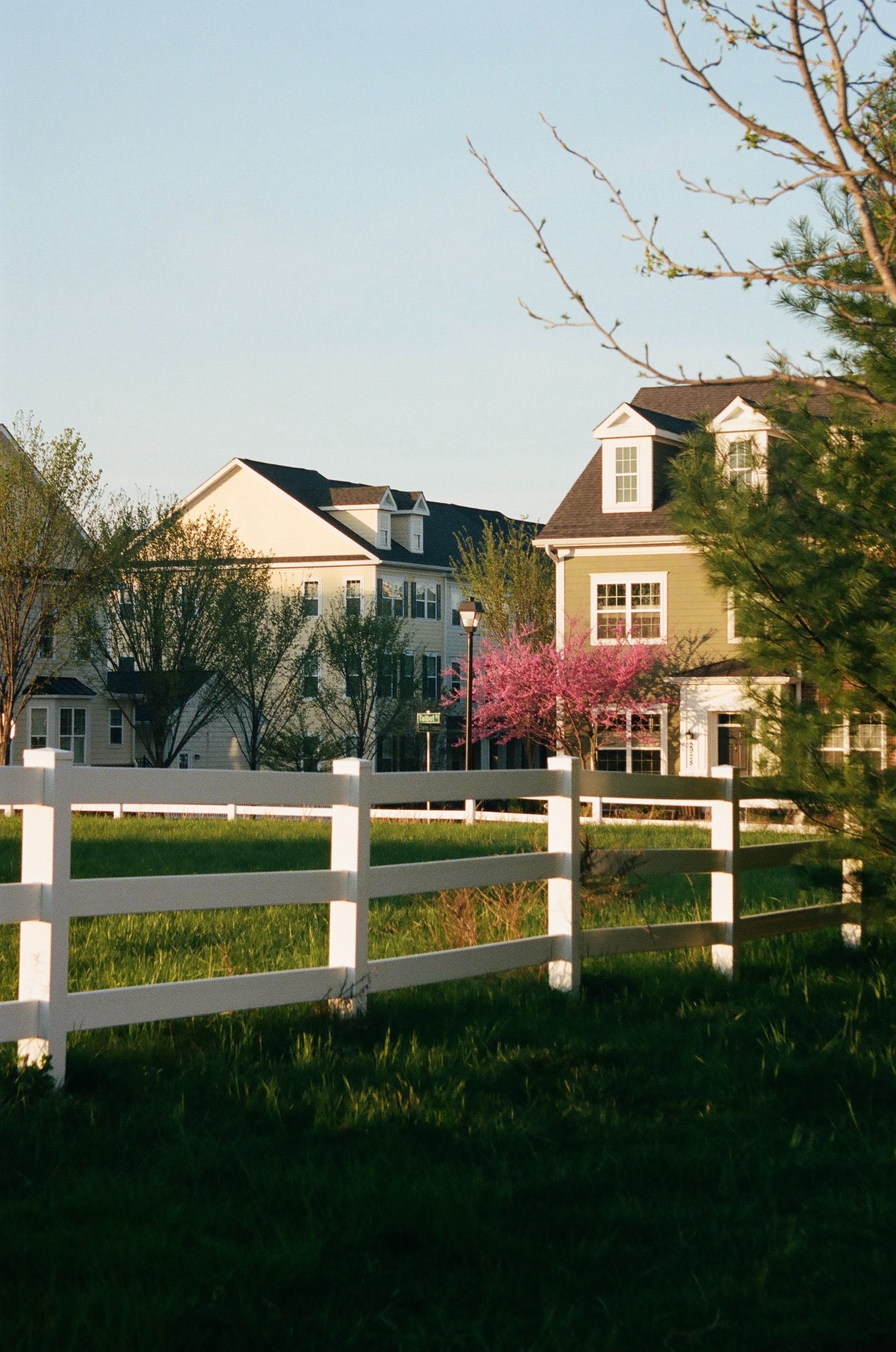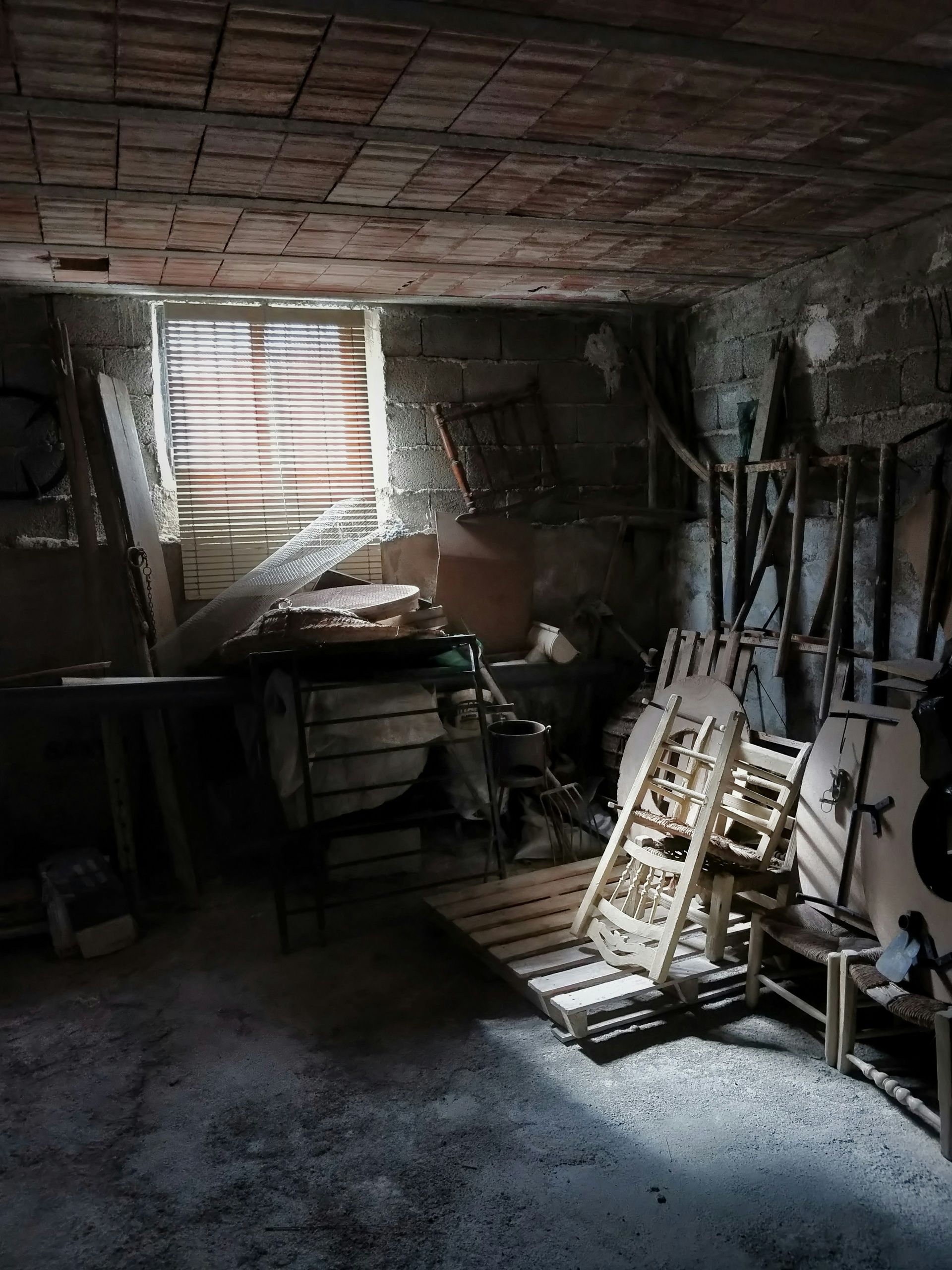Should I Invest for Cash Flow or Appreciation?
It’s the most common question we get: “What would the cashflow on this property be like?” You see it on the real estate investing forums- “Cash flow is KING!” At a first glance, investing in a highly appreciating market might not be terribly attractive to a new investor- lots of competition, higher point of entry and lower cash flow. Why would anyone invest in a market like that? Well, after 20 years of experience, I can tell you there are LOTS of reasons.
Don’t get me wrong- cashflow is vital. It’s what gets you through every month. It’s what pays your mortgage, and can get you through the ups and downs in the market and your own personal financial challenges. But- and it’s a BIG but- with very few exceptions, cash flow does not make you rich and it does not create the freedom that most new investors are looking for. That’s what appreciation does.
I have a saying; “Cash flow pays for your kid’s lunch. Appreciation pays for their college.”
You see, it’s not just about each individual deal. It’s about the geographic market that your deal is in. That market has specific price points, property types, demographics and tenant types that are unique to that market. Appreciating markets and cash flow markets are opposite in most every way. In general, it looks like this:
High Cash Flow Markets: Lower prices/point of entry, higher rent to purchase price ratios, higher turnover rates, more subsidized rents per capita, more expensive turnovers, higher vacancy rates, stagnant or negative appreciation. These metropolitan areas can usually be identified by higher crime rates and stagnant or dwindling populations.
High Appreciation Markets: Higher prices/point of entry, lower rent to purchase price ratios, lower turnover rates, lower subsidized rents per capita, inexpensive turnovers, low vacancy rates. These metros usually have growing populations and lower crime rates.
Don’t believe it? Check out this article on Veros breaking down the projected appreciation during the impending recession . Do the stats match up for the cities that are holding strong? What about the ones that are projected to lose value? I’d say so…
Of course these are generalizations and not true 100% of the time, but they are true MOST of the time. Reading those traits, aside from cash flow, is there any benefit to owning in a high cash flow market? Boise TurnKey gets inquiries regularly from people who were lured by a low cost, high cash flow deal years ago. Almost every time, they have either broken even or lost money on cash flow after vacancy and turn over costs and now that they are ready to get out- their property is worth the same or less than it was when they bought it years ago. Deals like that don’t leave a great taste in your mouth for investments.
Now, I’m not suggesting that you go to the other side of the pendulum and invest strictly for appreciation, You could buy a ranch in San Jose for $1.5 million and rent it out for $4500 and it would probably appreciate fairly well, but you’d have to cover the difference in the mortgage and your income, which could get very expensive very quickly.
Find a balance- a nice property in a nice area that will attract nice tenants and pay for itself for the first year or two. Systematical raise rents as it appreciates.You’ll be shocked at how simple and passive it can be to build wealth in this way.
Let’s say you buy a property in a modestly appreciating area- 8% per year. It breaks even the first year and you raise rents by $75 per year. If you were to make the minimum payments on your mortgage, in five years you’d be cash flowing $300 per month and you’d have well over $100k in equity. Now, what if you did that once per year for 10 years?











